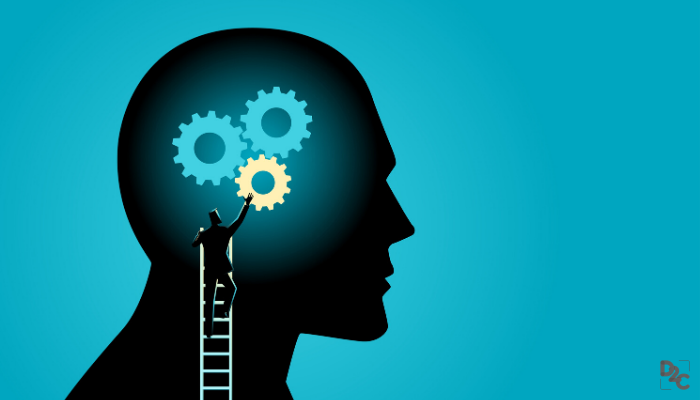EQ or IQ - What makes you a good leader? -By Anirudh Bhargav from BITS Pilani Hyderabad

The proposition that emotional intelligence (EI or EQ) is somehow more important than IQ, at least in the job market or leadership roles, is one I find patently absurd. This doesn't imply that emotions and interpersonal skills are unnecessary in one's life. Career is only one facet of a person's life, albeit an important one. In all other areas, EQ is likely to play a much more important role. But that's not what the issue is about.
Before I make the case for IQ over EQ, it is imperative that we understand what these terms even mean.
The technicality of IQ and EQ
IQ (Intelligence Quotient) is obtained by dividing a person's mental age by their chronological age and multiplying that fraction by 100. A person's mental age is obtained through an intelligence test (Raven's Progressive Matrices, for example). IQ is essentially a measure of a person's general problem-solving ability and scores are relatively stable throughout a person's life. IQ is backed up by almost a century of scientific literature. It is firmly established that IQ along with the trait "Conscientiousness" (a measure of how orderly and industrious a person is) from the Big Five personality model are the best predictors of long-term success in academics and job performance.
EQ, on the other hand, mostly emerged out of popular psychology through a book called "Emotional Intelligence: Why it can matter more than IQ" by Daniel Goleman, a journalist. It was seen as an alternative explanation for IQ and presented as a better predictor of success. EQ is defined as the ability to recognize and handle emotions, their own and those of others, and use it to guide behavior. It is a measure of social skills, self-awareness, and empathy. EQ can be increased with some effort. So, it's more of a skill than intelligence. But I digress.
Research on EQ, unlike IQ, is in its infancy. Many psychologists also argue that it is a redundant measure and psychometrically invalid, although it might have some practice utility. What EQ seems to measure is already captured by the Big Five personality test which is much more rigorous. There are also scientific papers arguing that EQ is just one facet of general intelligence (which IQ measures) and some even report a positive correlation between both.
A meta-analysis (by Schmidt F.L., & Hunter J.E., (1998)) showed that differences in IQ can explain about 25% of the difference in job performance. (Estimate based on 32,000 people doing 515 kinds of jobs). On the other hand, emotional quotient explains approximately 3% of the differences in job performance. (Estimate based on 562 people). Even if we remove all the jobs that don't require skills to interface with other people (Technical people who never face clients), EQ only accounted for 7% of the differences, which certainly doesn't measure up to its glory. Emotional quotient, although it accounts for a non-trivial difference in performance, is nowhere near as important as intelligent quotient.
IQ is crucial than EQ for cognitive roles
The claim made by many websites and videos that "EQ is much more important than IQ" is ill-informed and ignorant. This, of course, would translate to leadership too. These effects will be exaggerated in technical leadership roles.
Almost all of the leaders, who are recognized and idolized by people, have an above-average IQ possibly around +2 standard deviations away from the mean. This already puts them in the 98th percentile i.e. if they were in a room of 100 people, that reasonably approximates the general population, only 2 people would have a higher IQ than them. So, they have already been selected for IQ. You cannot then claim that EQ is much more important than IQ. It's like saying the height of an NBA player is irrelevant.
People commit a fallacy when they compare behaviours of a person with very high IQ and low EQ (Sheldon from Big Bang Theory, for example) with a person of moderately high IQ and high EQ thereby concluding that EQ is more important than IQ. What they should be comparing Sheldon to is a person with very low IQ (perhaps Jerry from Rick and Morty) and high EQ. A person with a high IQ and low EQ will outperform a person with low IQ and high EQ any day (assuming that we are talking about cognitive tasks).
This, of course, doesn't mean emotional intelligence is useless. On the contrary, to successfully deal with stress and handling relationships, which is an integral part of one's life, a person requires an above-average EQ or EI. But the intelligent quotient is much more important than emotional quotient in any leadership roles or other jobs. I would choose high IQ and low EQ over low IQ and high EQ.
This article was submitted as an entry to Become an Author 2.0 with Dare2Compete.
Login to continue reading
And access exclusive content, personalized recommendations, and career-boosting opportunities.














Comments
Add comment